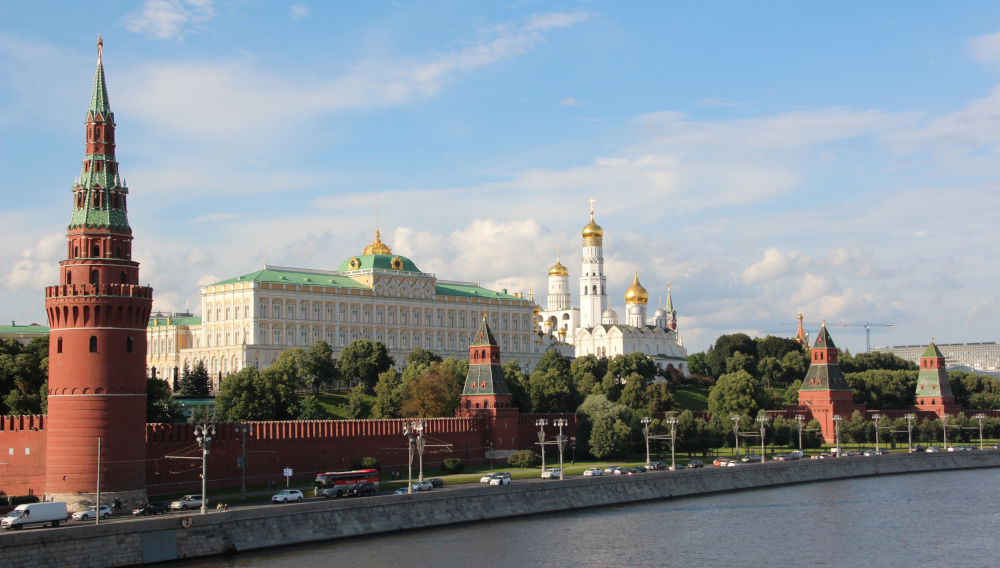After Heineken’s exit, the Russian beer market could see a shake-up
Russia | What a week it was. On 23 August, exactly two months after Wagner’s aborted mutiny, a plane crash killed its chief, Yevgeny Prigozhin, as well as several other Wagner top brass. Three days later, Dutch brewer Heineken issued a surprise statement that it had received approval from the Russian authorities to sell its local business for the symbolic price of EUR 1.
The Russian business newssite Kommersant commented on 25 August that, in calmer times, Heineken’s unit would have fetched at least EUR 300 million. But under the current conditions, Heineken was lucky to offload it for EUR 1. In this respect it fared better than Denmark’s Carlsberg and France’s Danone, whose Russian assets were essentially nationalised.
Per Kommersant’s research, Heineken’s Russian unit in 2022 tripled its net profit year-on-year, to RUB 2.6 billion (USD 27.4 million), while it hiked revenue by 13 percent, to RUB 41.97 billion (USD 442 million). In 2022, the company produced 9.4 million hl of beer and beverages, up 0.4 percent over 2021.
Kommersant estimates the company's beverage (!) market share at 10 percent, while Baltika (owned by Carlsberg until July 2023) has 27.3 percent, and AB InBev Efes 25 percent. In terms of volume sales, AB-InBev/Efes led the market with sales of 22.3 million hl beer, down 2 percent from 2021. Baltika produced 19.7 million hl, down 4.7 percent year-on-year, Russian media reported.
Heineken Russia: a bargain
Arnest Group, which also produces Charm hairspray, Symphony air freshener, and Dichlorvos insect repellent, is owned by the company's president, Alexei Sagal, per its filings. In 2022, the group's revenue dropped 21 percent year-on-year, to RUB 11.71 billion, while net profit decreased by 55 percent, to RUB 259.3 million.
Recently, the sale of a business for a symbolic price has become a frequent occurrence, Kommersant said. With such a deal, the seller seeks to get rid of additional costs, Dmitry Pozin, a partner at Stonebridge Legal's corporate practice, was quoted as saying. He added that assets in the Russian Federation had become toxic for Heineken and an emergency exit was required.
What will Arnest do with the beer business?
As to the intra-group debt of EUR 100 million, which Arnest has agreed to pay in instalments, Russian observers wonder how this clause will be met in Russia’s reality and whether Heineken will be able, if necessary, to forcibly claim the agreed amount.
Observers do not rule out that Heineken may have other debts to banks and other parties in Russia, which will need to be covered by the buyer.
Given that Arnest obtains only production sites and local brands, but not the licences for the best-selling Heineken and Amstel brands, there is speculation that Arnest, as a non-core player, will pass the Heineken business on to a big industry player, or try to find a strong partner for a joint venture.
Who was Carlsberg’s secret buyer?
It would be interesting to know, who had offered to buy Carlsberg’s Baltika business. The Financial Times newspaper reported a rumour that Arnest had been Carlsberg’s preferred buyer. What if Arnest had actually agreed to buy both businesses in an effort to create a strong number one brewer in Russia and push the foreign-owned AB-InBev/Efes joint venture from the throne?
To press further, what if some of Mr Putin’s cronies wanted Baltika for themselves? Would that not explain why Mr Putin signed a decree in July to put Baltika under the administration of its former chief Taimuraz Bolleyev?
Little is known in the West about Arnest’s president Alexei Sagal. However, if Kommersant already hypothesises that Mr Sagal can be persuaded to sell the former Heineken business on - if this suits plans from higher up – then we may regard this as a distinct possibility.
This being Russia, the once independent business newspaper Kommersant has been owned by the oligarch Alisher Usmanov (net worth USD 14.4 billion according to Forbes) since 2019. He is close to Mr Putin. One of Mr Usmanov’s firms has benefitted greatly from the introduction of costly mandatory digital labels, Chestny ZNAK, which will be widened to include soft drinks in glass and plastic containers as of 1 September. Beer and low-alcohol drinks have been carrying these labels since 1 April.
Keywords
international beer market breweries sales company news
Authors
Ina Verstl
Source
BRAUWELT International 2023

